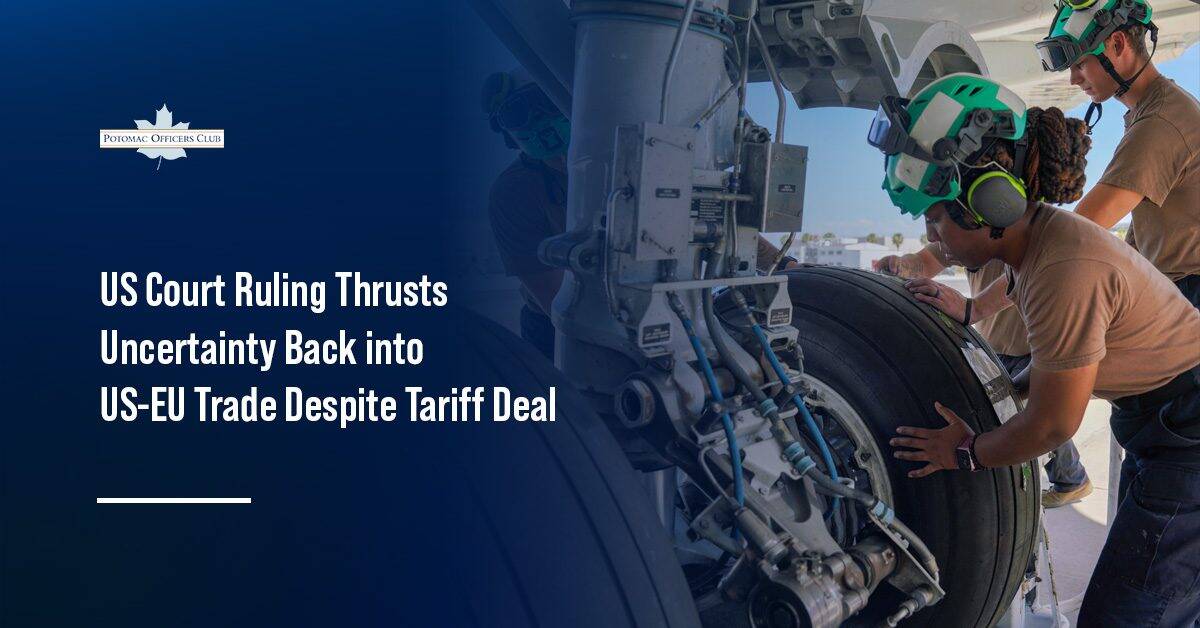
Satellite project
SNL’s Project With AFRL Could Improve Satellite Constellation Autonomy
A Sandia National Laboratories project with the U.S. Air Force Research Laboratory could connect large satellite networks autonomously, ensuring a resilient satellite network supply chain.
The SNL-AFRL project seeks to cluster small and inexpensive satellites to work as a single, autonomous unit. The concept is to allow satellites to communicate with each other, identify network-related problems, pool data together to make a positive identification and address issues.
Drew Woodbury, a senior manager in SNL’s space programs, said while the project seeks to unify a small number of satellites, it could be scaled up to coordinate data collection with larger, global constellations, as well as non-space assets. The project aims to reduce risks to a single satellite and minimize downtime should a component fail, the Sandia National Laboratories said.
SNL’s announcement comes two months after NASA launched four Starling cube satellites into low-Earth orbit. The Starling mission will test four technologies that enable synchronized spacecraft operations without relying on ground-based resources.
Starling will test swarm maneuver planning and execution, autonomous coordination, navigation and communications networking. The six-month mission will allow NASA to determine the limitations and capabilities of autonomous cubesat swarm operations.

Category: Federal Civilian




